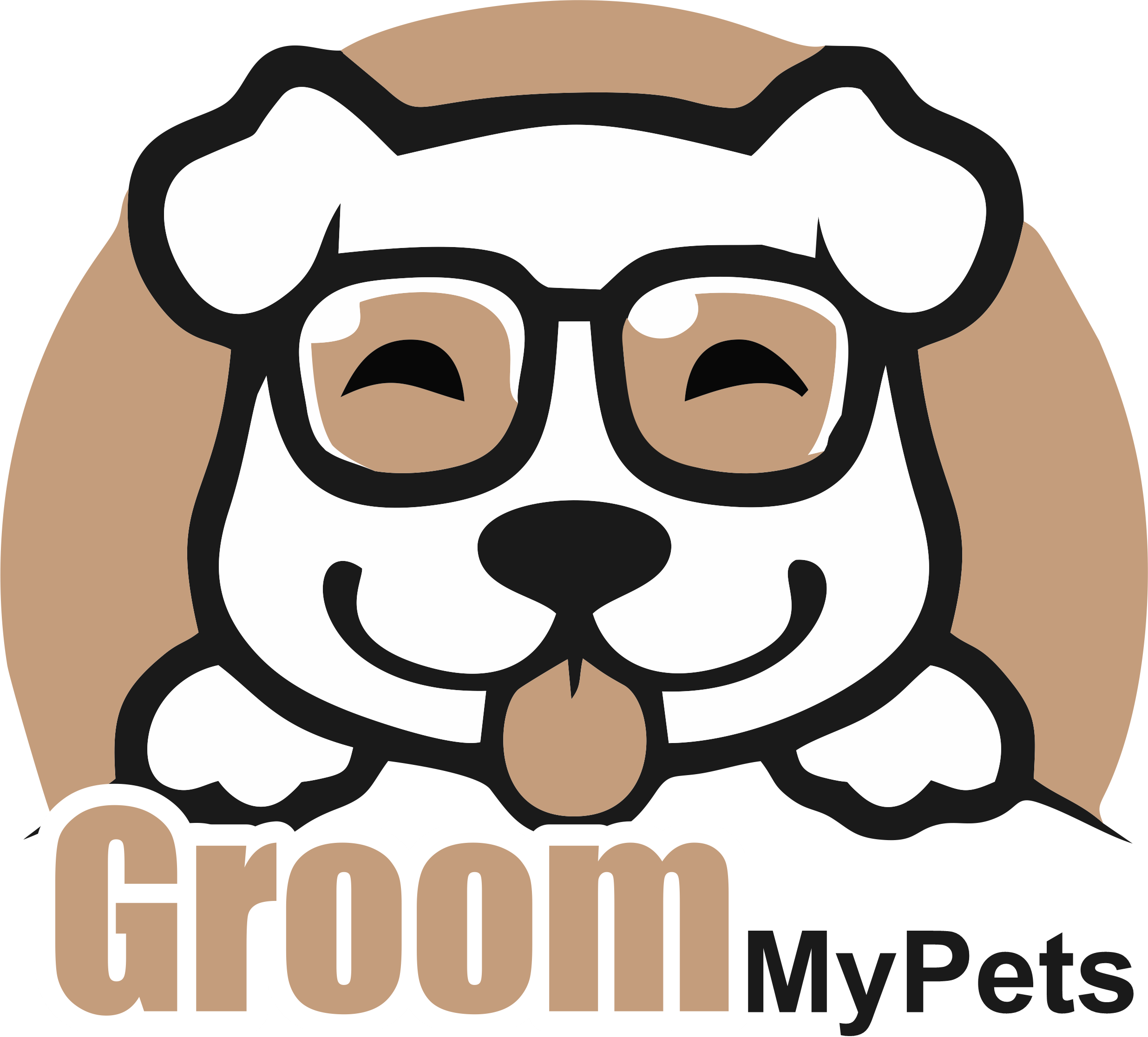As responsible pet owners, we always strive to provide our furry companions with a balanced and healthy diet. However, when it comes to introducing new foods into their diets, caution is key. One food that often raises questions is bean sprouts. Can dogs eat bean sprouts? In this article, we’ll delve into the world of canine nutrition and explore whether bean sprouts are a safe and nutritious option for your canine friend.
Introduction
Dogs are curious creatures, and their dietary preferences can sometimes be perplexing to their owners. Bean sprouts, commonly found in various dishes, might seem like a healthy option to share with your pet, but is it really safe?
Nutritional Value of Bean Sprouts
Bean sprouts are low in calories and fat, making them an attractive choice for health-conscious humans. They are rich in vitamins like A, C, and K, as well as minerals like potassium and folate. However, while these nutrients are beneficial to humans, dogs have different nutritional needs.
Read More: Top CFMOTO UFORCE 800 Review and Problems
Potential Benefits
In theory, the nutrients found in bean sprouts could offer some health benefits for dogs. Vitamins like A and C play roles in maintaining healthy skin and immune systems. However, it’s important to note that dogs usually obtain these nutrients from their regular dog food.
Risks and Concerns
The most significant concern when it comes to feeding bean sprouts to dogs is the potential for digestive upset. Dogs have sensitive digestive systems, and introducing new foods abruptly can lead to gastrointestinal issues such as diarrhea or upset stomach.
Preparing Bean Sprouts for Dogs
If you’re determined to offer your dog bean sprouts, preparation is crucial. Wash the sprouts thoroughly to remove any potential contaminants. Additionally, consider steaming or cooking the sprouts to make them easier for your dog to digest.
Also Read: Bump on Dog Eyelid
Introducing Bean Sprouts into Your Dog’s Diet
Before introducing bean sprouts, consult your veterinarian. Every dog is unique, and your vet can provide personalized advice based on your dog’s age, size, and health status.
Monitoring Your Dog’s Reaction
When introducing any new food, it’s essential to monitor your dog closely. Look for signs of discomfort, digestive issues, or allergic reactions. If you notice anything unusual, discontinue feeding bean sprouts and consult your vet.
Alternatives to Bean Sprouts
If you’re hesitant about bean sprouts or your dog doesn’t take a liking to them, there are alternative vegetables that can be safely incorporated into their diet. Carrots, cucumbers, and green beans are popular options that offer various health benefits.
Common Foods to Avoid Feeding Dogs
While some human foods are safe for dogs in moderation, others can be outright dangerous. Chocolate, grapes, onions, and garlic are just a few examples of foods that should be strictly avoided.
Conclusion
In conclusion, while bean sprouts offer certain nutritional benefits, they are not an essential part of a dog’s diet. When contemplating introducing new foods to your furry friend, always prioritize their well-being and consult a veterinarian. Your dog’s health and happiness should be your top concern.
FAQs
Q1: Can dogs eat raw bean sprouts?
A1: Raw bean sprouts can be difficult for dogs to digest and may lead to gastrointestinal issues. It’s best to steam or cook them before offering them to your dog.
Q2: Are there any health benefits of feeding bean sprouts to dogs?
A2: While the nutrients in bean sprouts might offer some benefits, dogs typically get what they need from their regular diet. Consult your vet before adding any new foods.
Q3: Can bean sprouts be a choking hazard for dogs?
A3: Yes, raw bean sprouts can pose a choking hazard due to their texture. Chopped or cooked bean sprouts are safer options.
Q4: How should I introduce new foods to my dog’s diet?
A4: Slowly introduce small amounts of new foods to monitor your dog’s reaction. If there are no adverse effects, you can gradually increase the quantity.
Q5: What other vegetables can dogs safely eat?
A5: Carrots, cucumbers, and green beans are safe and healthy options for dogs. Always consult your vet before making significant changes to your dog’s diet.

